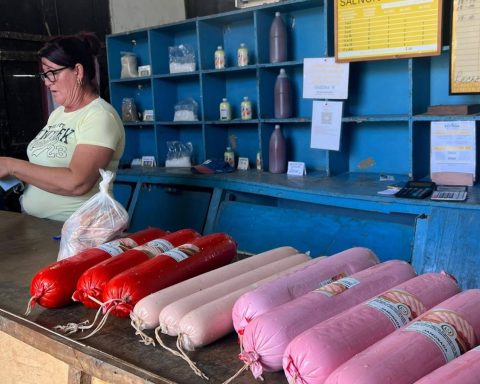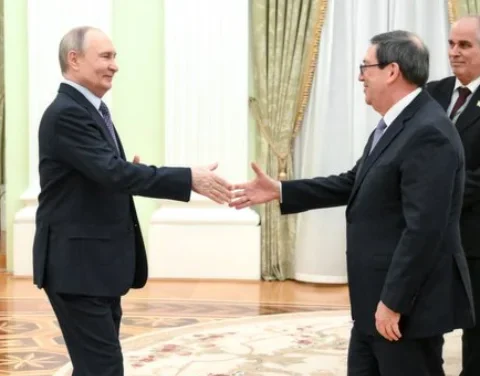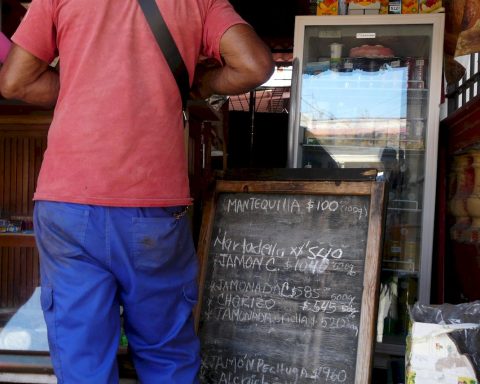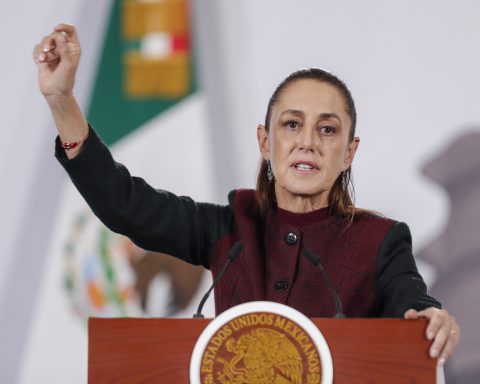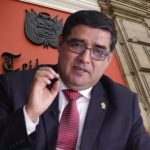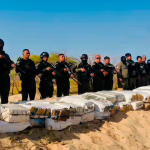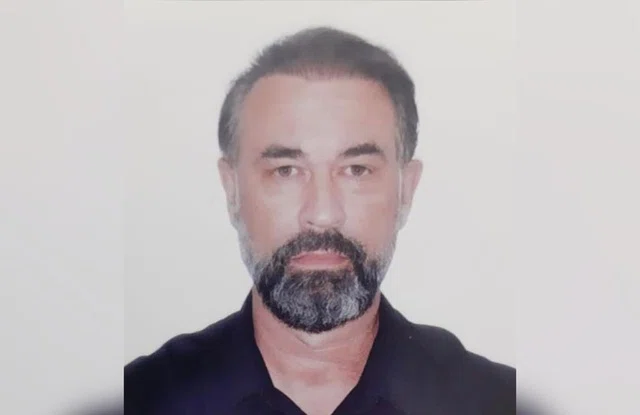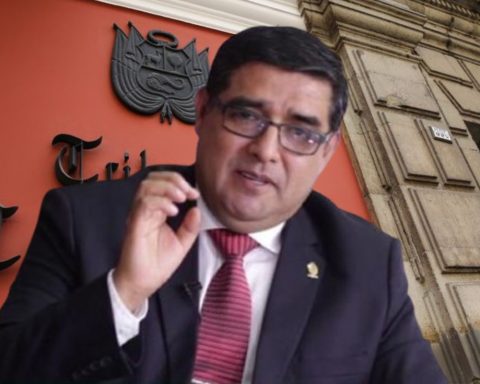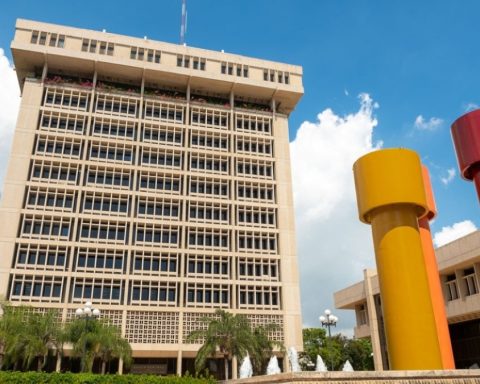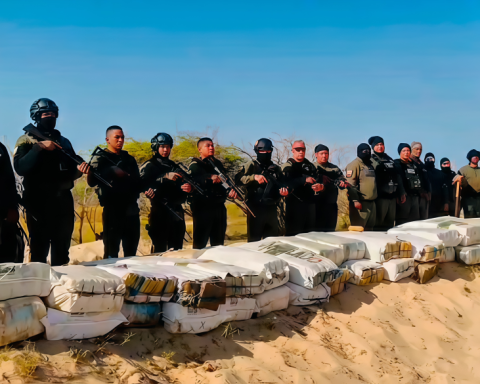Cuba today commemorates the 119th birthday of leader Julio Antonio Mella, founder of the University Student Federation (FEU), who was assassinated in exile for his revolutionary ideas.
According to historical documents, Mella was born in this capital on March 25, 1903 and was baptized as Nicanor Mc Partland y Diez.
He had not turned 20 years old when he founded the magazine Alma Mater (1922-1923) in which he made a declaration of principles that would accompany him until his death: confront the interference of the United States in the Caribbean nation.
In 1923 he stood out as a leader of the student struggle for university reform and founded the Federation of University Students.
Also in that year he presided over the First National Congress of Students and created the José Martí Popular University.
In 1924 he established the Anticlerical League and joined the Communist Group of Havana, from which he carried out very active work among the proletariat.
The following year he created the Cuban section of the Anti-Imperialist League of the Americas and participated in the founding of the first Communist Party of Cuba, together with Carlos Baliño.
In 1926 he was expelled from the University for his revolutionary actions and went on a hunger strike, later he had to go into exile in Mexico.
Mella attended the 1927 Congress against Colonial Oppression in Brussels, Belgium and later visited the Soviet Union as a delegate to the IV International Red Trade Union Congress.
At the age of 26, on January 10, 1929, he was assassinated in Mexico by order of the Cuban dictator Gerardo Machado.
“Mella continues to be the young man ahead of his time,” said Cuban President Miguel Díaz-Canel.
For his part, the historical leader of the Revolution, Fidel Castro, said about the young man: he was “the Cuban who did the most in the least time.”
